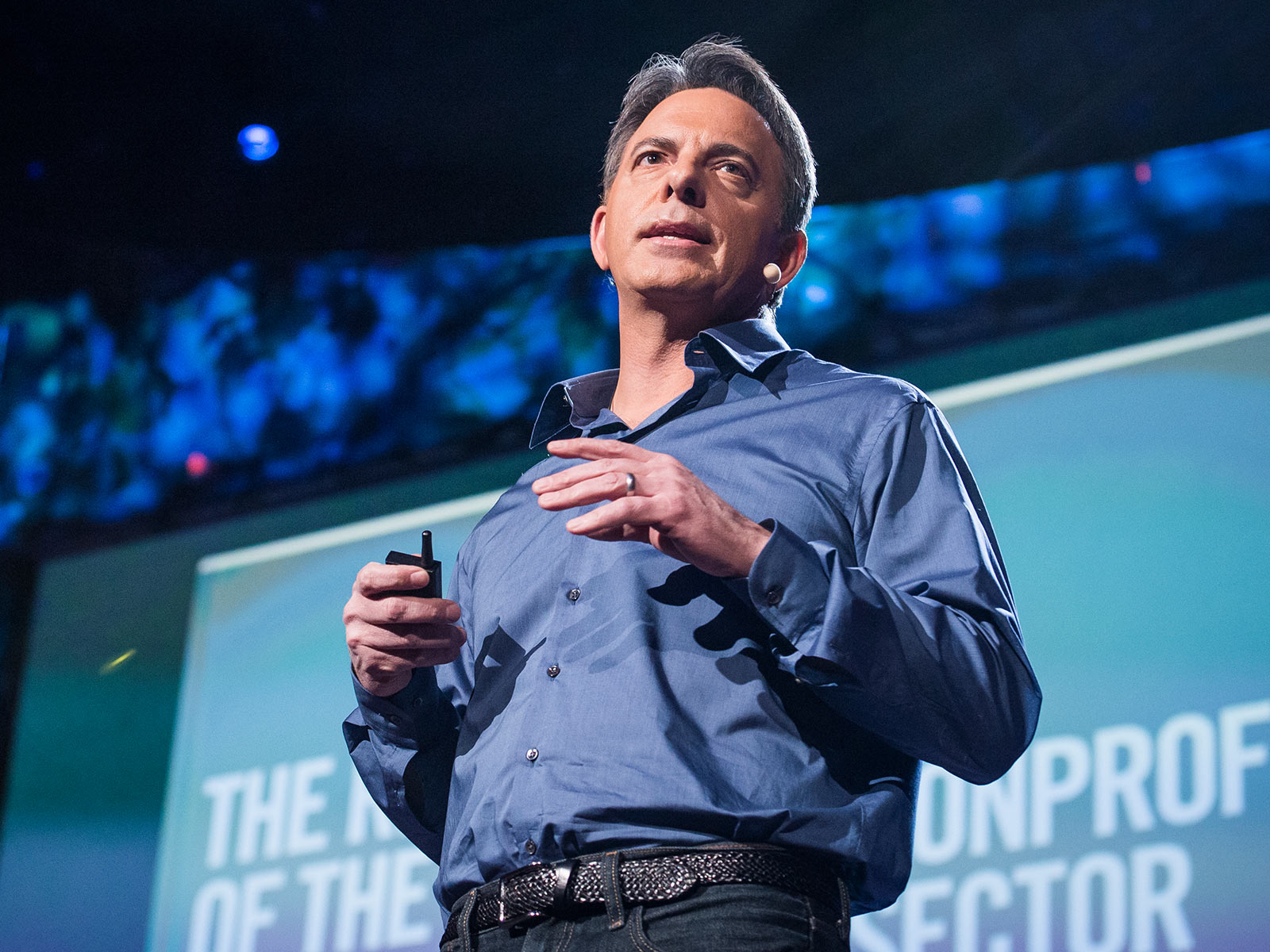Capitalism and charity. A seemingly paradoxical combination. But could running charities like businesses foster the innovation and problem-solving needed to address the most pressing issues of our time?
In his talk at TED2013, The way we think about charity is dead wrong, Dan Pallotta argued that the way we think about charity is dead wrong. We should be encouraging charities to take financial risks, because the potential gains are enormous. In fact, he argued, this approach might be the way to finally end world hunger and discover a cure for our deadliest diseases.
This week’s TED Weekends on Huffington Post explores whether a for-profit model might be the best way to run charitable organizations. Below, excerpts from this weekend’s four essays to pique your interest.
Dan Pallotta: Why I Think Nonprofits Should Act More Like Businesses
Could it be that everything we’ve been taught about charity and about giving and about change is backwards? That when we show people only the means, without revealing the ends, we mislead them? Is it possible that in the name of an ethic we are actually prolonging the suffering of millions of adults and children the world over? Do we really think it is of some comfort to a mother who has just lost her little boy to bird flu that at least no one made a profit in the failed effort to save her son?
We allow the for-profit sector to feast on the tools of capitalism, while we deny those tools to the nonprofit sector, and all in the name of charity, no less. Real charity, as in grace, could not be undermined with more reverence paid to the notion of something noble. It is perhaps the greatest injustice ever perpetrated against all those citizens of humanity most desperately in need of our aid. But it is an injustice about which we have been largely unconscious. If we take responsibility for the thinking that has been handed down to us, revisit it and revise it, we could change our whole approach to changing the world. And then things could really begin to change. Read the full essay »
Jacob Lief: Are We Measuring the Real Impact of Charity?
Charities’ missions and programs are constrained by a simple equation of how to reach x amount of people in y number of regions over the course of z months. Deviating from this formula can hinder organizations’ marketability, and so many decide to limit the scope of their projects to appease their funders.
At Ubuntu Education Fund, we have struggled to market our model, because it redefines the theory of “going to scale” by focusing on the depth rather than breadth of our impact. We have spent over a decade convincing donors, corporations, and foundations to believe in our mission — to help children living in the townships of South Africa grow into healthy adults with stable incomes. Much like the desire of any parent throughout the world, we try to give our students everything that they need from cradle to career. Read the full essay »
Elizabeth Gore: Bring the Maverick out
New innovative models are applying market-based solutions to make philanthropy smarter, more effective, and leaner in order to deliver higher impact results for all parties. From venture philanthropy applying venture capital finance and business principles to social causes and philanthropic goals, to social entrepreneurship and the emerging sector of social business beginning to blur the lines between for-profit and nonprofit, today’s philanthropic approaches are not just philanthropy as usual.
Let’s make tough choices — build infrastructure and take risks. I dare all of you — bring the maverick out in your philanthropy. Read the full essay »
Phil Butler: A $50 Lesson on How to Give
We disdain charities that do not spend every dime delivering a bag of rice to that individual child in Zimbabwe or Mozambique or wherever we’ve designated our charity pennies be pinched. Control has become the Catch 22 of giving. And then we wonder why the problems of the world are never fixed, why does everything we do and give, never seem to change the world? We cheer at Google or Amazon when stock prices climb, while the overhead and waste there has to equal charitable giving across any state. What difference does it make what the overhead is, when Google makes money hand over fist? Charity guru Pallotta would apply this thinking to nonprofits. But still our thinking about entrepreneurs like Donald Trump, win or lose on real estate is, “Who cares how much he lost to win fame and riches?” This does not apply for really changing the world, now does it? Nobody even asks how many billions Trump has thrown away; it’s where he is now that matters. Read the full essay »

Comments (11)
Pingback: buy steroids legit - Bodybuilding Blog
Pingback: Buy Steroids with Bitcoins